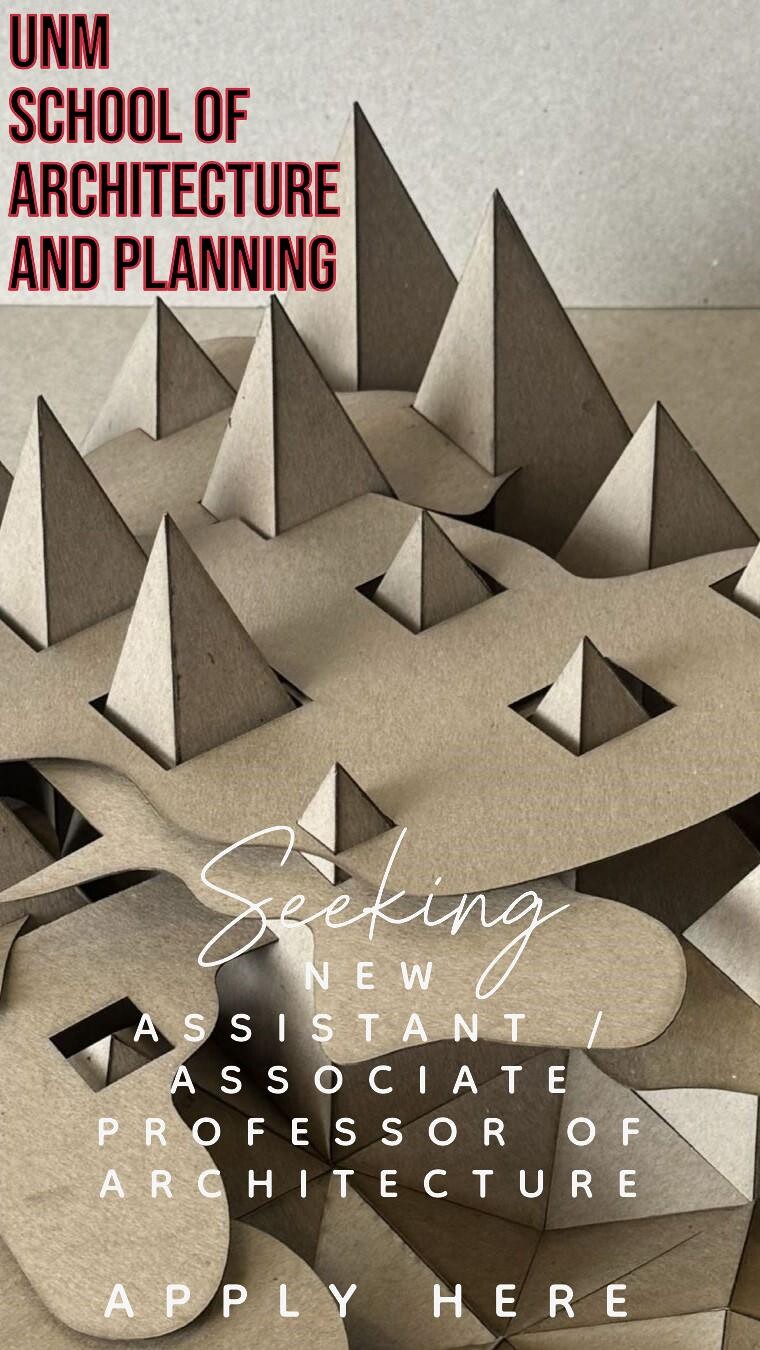Penny W. Stamps School of Art & Design
University of Michigan
2000 Bonisteel Blvd.
Ann Arbor, MI 48109
stamps.umich.edu
In September 2015, the Penny W. Stamps School of Art & Design at the University of Michigan launched the first year of their new MDes in Integrative Design. Led by Associate Professor John Marshall, the two-year MDes program pairs a close-knit team of graduate student designers with researchers and industry partners at the University of Michigan to tackle issues around 21st Century Healthcare.
A distinctive hallmark of the Stamps MDes program is its emphasis on collaborative, systematic thinking with stakeholders prior to the conceptualization processes—a methodology uniquely suited to the Stamps School’s position within a top-tier research university. This methodology was put into practice on December 4, 2015, when the MDes cohort hosted a design charrette in the Stamps Faculty and Graduate Studios to explore improved healthcare delivery in Ann Arbor’s VA Hospital.
Facilitated by guest Peter Jones, Associate Professor at OCAD University, with graphic facilitation from Patricia Kambitsch, this day-long event brought together a diverse group of academics, faculty members, medical industry professionals, design leads and managers from Guardian Industries Corp. and Stryker Medical, stakeholders from the VA Healthcare System, and U.S. Army veterans to identify, map, and explore core challenges before articulating focal points for action.
The two main challenges explored through the charrette included “how do we develop different ways of understanding what is important to patients?” and “how can we go about creating connections with our patients beyond their disease process or treatment?”
“Wicked problems in healthcare and well-being are some of the most critical issues in the world today,” said Professor Marshall. “In healthcare there are no quick fixes and no simple solutions: aging populations, chronic diseases, and lack of access to comprehensive services are just some of the urgent problems that need to be addressed. I believe that designers are uniquely positioned to address these problems hand-in-hand with healthcare and well-being professionals.”
Stakeholder Dr. Leo Greenstone, Associate Chief of Staff for Ambulatory Care at the VA Hospital, turned to the Stamps MDes students for their holistic, adaptive approach. “We’re interested in engaging our veterans on a deeper level than just their diseases—they’re human beings who happen to have a disease. We want to better understand what our veteran’s values and goals are so we can better tailor our medical services to match.”
In describing the cohort’s approach to integrative design, graduate student Manasi Agarwal stated, “You really have to understand the people who you’re designing for. In order to do that, you literally have to empathize with them, put yourself in their shoes, understand what they need, and what their motivations are to provide them with something better.”
The primary outcome of the charrette for the VA Hospital was an identification of challenges stemming from information and process gaps between different medical professionals within the hospital setting. Future projects may include improving systems and processes that support a more fluid, effective human interaction between the physicians, the nurses, the clerks, and the patients.
“At Stamps, we see design as process oriented—a way of integrating diverse stakeholders in envisioning, creating, and achieving common goals,” said Professor Marshall. “It is through the act of designing together that integration happens. It is design as a verb rather than a noun.”
For the remaining year and a half, the inaugural MDes cohort will be focusing on two main projects. The first is with the Integrated Michigan Patient-centered Alliance on Care Transitions (I-MPACT) team (a Blue Cross and Blue Shield quality collaborative), which aims to uncover barriers and improve care transition from hospital to home for patients. The other project is with Dr. Paula Anne Newman-Casey and the Kellogg Eye Center to design tailor-made interventions for better self-management of glaucoma.
Documentation of the MDes cohort’s process, stories, and progress will unfold online.

